Ghana needs strong gov't support to boost rice production — IFS
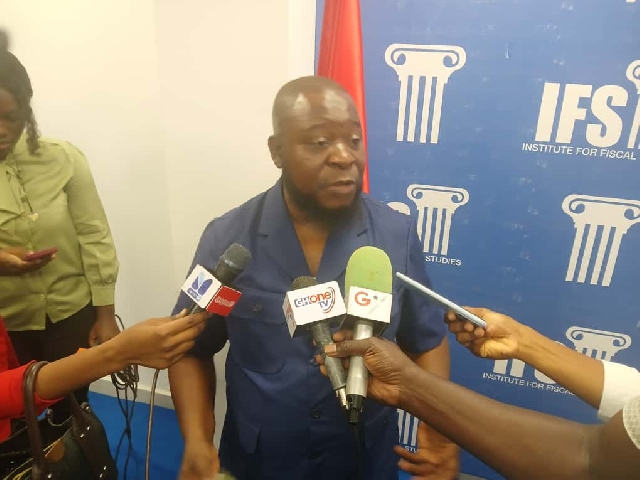 Dr. Said Boakye
Dr. Said Boakye
Senior Research Fellow and Acting Executive Director of the Institute for Fiscal Studies (IFS), Dr. Said Boakye, has called for stronger government intervention to address the structural challenges confronting Ghana’s rice sector and unlock its full production potential.
Speaking in an interview with the media, Dr. Boakye said Ghana’s rice industry continues to face low yields, inadequate irrigation infrastructure, and limited access to certified seeds and fertilisers, all of which have constrained productivity and increased reliance on imports.
Despite these challenges, he noted that Ghana has significant potential to become self-sufficient in rice production if strategic investments and policy reforms are implemented.
Drawing comparisons with Vietnam and Thailand, two countries that have achieved remarkable success in rice production, Dr. Boakye emphasised the importance of government-led initiatives such as heavy investment in irrigation systems, farmer subsidies, and the widespread promotion of certified seed and fertiliser use.
“Vietnam and Thailand succeeded because their governments invested heavily in irrigation, provided subsidies, and ensured farmers had access to quality inputs.
Ghana must do the same if it wants to achieve self-sufficiency,” he stated.
Dr. Boakye outlined key areas requiring urgent government attention, including:
Irrigation development: Investing in irrigation facilities to reduce dependency on rainfall and boost yields.
Fertiliser and seed production: Encouraging private sector participation in fertiliser production and importation, while promoting certified seed use.
Mechanisation: Expanding the use of tractors and combine harvesters to enhance efficiency and productivity.
Land tenure reform: Addressing land ownership challenges to make farmland more accessible to serious farmers.
He further proposed the establishment of a Rice Development Board through an act of Parliament to ensure long-term policy stability, coordinate development programmes, and provide consistent support to farmers.
Dr. Boakye stressed that with the right policies, investments, and institutional support, Ghana could significantly reduce rice imports, improve farmer livelihoods, and build a competitive local rice industry.
“Ghana has the potential to feed itself.
What we need is strong, consistent government action and a long-term vision to transform the rice sector,” he concluded
Source: Classfmonline.com/Edem Afanou
Trending Business
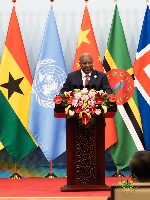
President Mahama woos Chinese investors
14:45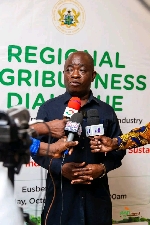
Gov't to waive taxes on agro-processing machinery to boost agribusiness growth
12:19
President Mahama announces pro-enterprise reforms to attract foreign investment
13:13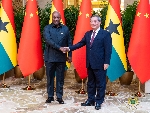
Ghana, China to finalise zero-tariff trade agreement — President Mahama
11:07
GIPC joins trade delegation at Burkina Faso forum
11:18
Ghana, Burkina Faso deepen trade and investment ties at Ouagadougou forum
11:15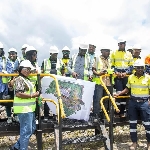
Zambian delegation visits Tarkwa Goldfields to study Ghana’s mining best practices
01:52
Fourth Estate lied: NLA never paid GHS 37 million as profit for the state in 2018
01:54
T-Bills: Gov't exceeds target via 23% oversubscription
14:42
Amen Amen Institute partner UN to donate to Ministry of Food and Agriculture in support of World Food Day
12:11



